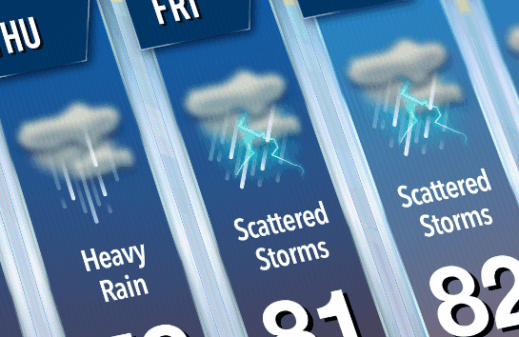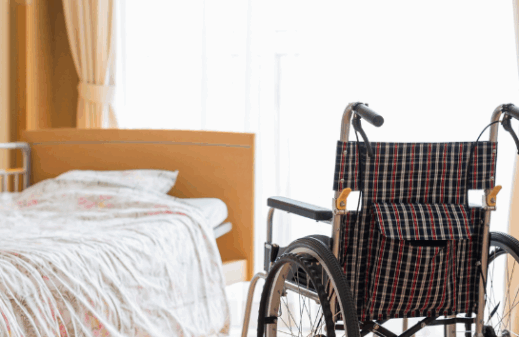For many residents, finding a home in an assisted living facility gives them the opportunity to maintain their independence. But, needs change, especially as residents age. A resident that was once extremely mobile may suffer a fall and need to use a walker to navigate the halls. Another common change in older residents is forgetfulness or memory loss.
Understanding memory loss, how it occurs, and how to manage it goes a long way in helping your residents. Conducting memory loss assessments is just one of the procedures you can implement to help your residents as they change.
Understanding Memory Loss
There are two forms of memory: short and long-term. Short-term memory stores information that you collect in the past few days. Long-term memory stores information from the past few years. Forgetfulness and memory loss don’t just happen in the elderly; they can occur in younger individuals. (We’ve all misplaced our keys a time or two.)
Another common myth is that memory loss automatically means Alzheimer’s. It can be difficult to tell the difference between normal memory struggles and something bigger like Alzheimer’s. A common tool used to gauge a resident’s memory is a memory loss assessment.
Memory Loss Assessments
You perform a level of care assessment on every new resident to better understand their physical, dietary, and medical needs. A memory assessment is just as important. It measures a resident’s cognitive abilities, and, when conducted on a constant basis, you can determine if cognitive activities, like memory, change.
What to Include in a Memory Assessment
A memory assessment may sound scary, but it’s a valuable tool that gives you a better understanding of how residents are progressing over time. Here are three items to include in your assessment:
- Review their history. When a new resident arrives at your assisted living facility, ask questions about their history including family history. Did any family members experience Dementia or Alzheimer’s? If yes, at what age? Ask the resident or family members to rate their cognitive abilities today compared to five years ago.
- Screening test. Screening tests should be performed on initial entry into your facility and every year afterward. These tests focus on providing information to the resident and asking them to recall that information at a later time. You can start by giving a name or address and let me know you will ask for it later. From there, conduct a series of other activities like counting backward from 25 or quizzing them on a set of words. At the end, ask them to provide the name or address you gave them in the beginning. This shows you how well their short-term memory is working.
- Interview a family member. Talk to family members that regularly visit the resident. Do they notice a difference in the resident’s memory? Does the resident have difficulty recalling past events or get confused with names?
This proactive approach allows you to notify a resident’s family and healthcare professionals of the change so they can make a plan or diagnosis for their future. It also helps you determine if you can continue to provide proper care for your residents or if it’s time for them to transition to a new living environment.



